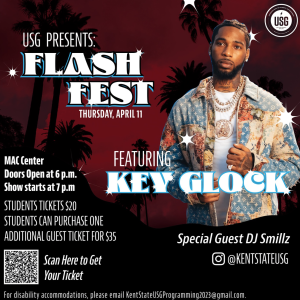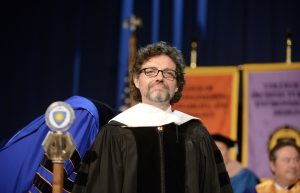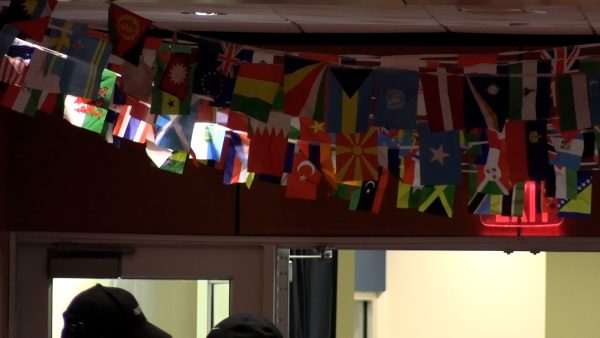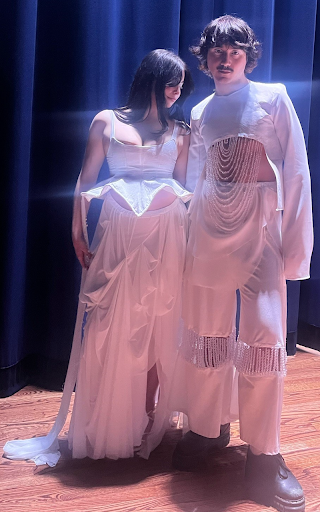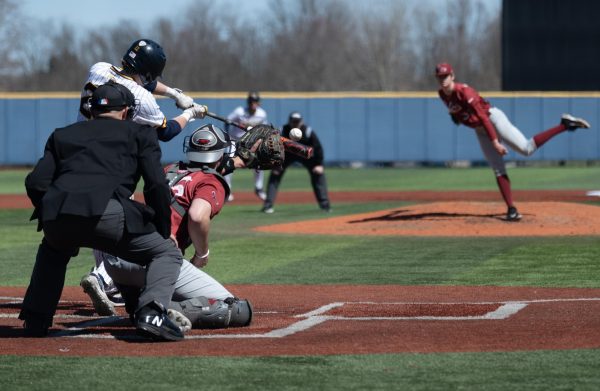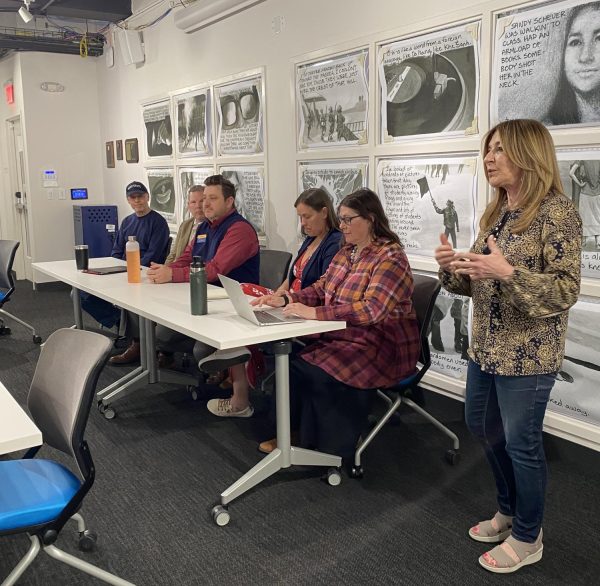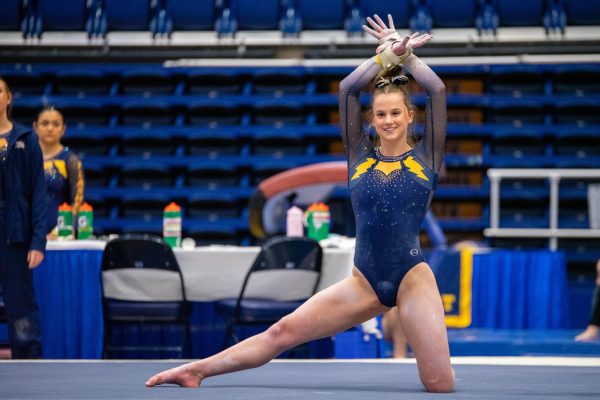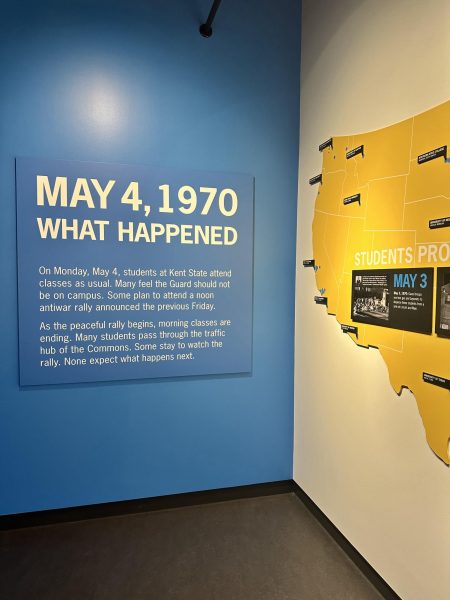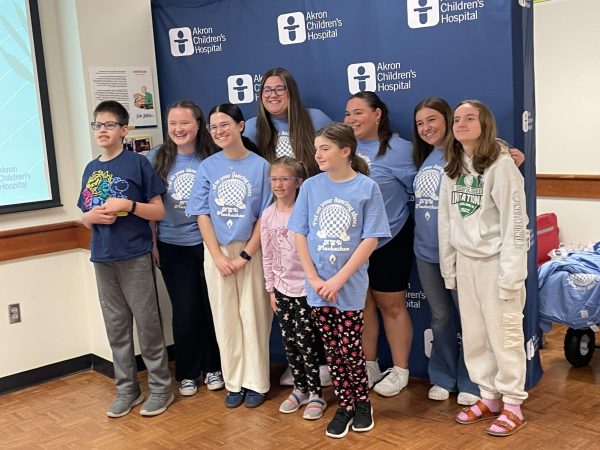LifeShare blood drives on Wednesday, Thursday
September 18, 2013
University Health Services will be sponsoring a LifeShare Community Blood Services blood drive Wednesday and Thursday from 11 a.m. to 6 p.m. on the third floor of the student center.
LifeShare is a local nonprofit organization that collects from donors and supplies to patients blood in the Northeast Ohio area. The organization has had a partnership with Kent State since the 2005-2006 academic year.
Katy Neff, a donor recruitment representative for LifeShare, said the organization is different from other blood collecting agencies because all of the blood they donate stays in the area and goes to local hospitals.
Every academic year, for every 35 pints, or units of blood LifeShare collects at Kent State, the organization will award a $500 tuition-only scholarship to a Kent State main campus student.
Students have to apply for the scholarships by April; they will be awarded next September. However, students do not have to donate to be eligible for the scholarships.
In the 2005-2006 academic year, approximately 175 units of blood were donated, and LifeShare awarded five scholarships totaling $2,500 to Kent State students, Neff said.
Every year, the number of donations, and the number of scholarships, has increased, said Scott Dotterer, coordinator for the Office of Health Promotion in University Health Services.
Dotterer said 1,491 units of blood were donated at Kent State in the last academic year, which totaled up to 43 scholarships, or $21,500.
“Every single dollar comes back to Kent State students in the form of scholarships,” Dotterer said.
Since the scholarship program has started, LifeShare has collected more than 8,000 units of blood. Neff said that adds up to 236 scholarships totaling $118,000 awarded to Kent State students.
As an additional incentive to get students to donate, LifeShare gives all donors a gift card for a free Chipotle burrito or bowl.
The organization, however, is considering finding a different reward for donating, Neff said.
On average, LifeShare purchases 10,000 Chipotle gift cards at full price to give away as donation rewards. Neff said the organization is considering switching to another company, such as Panera Bread, which has already given them a discount on coupons.
While walk-ins are welcome, students are encouraged to schedule an appointment online on LifeShare’s website to cut down on wait times.
Pradeepa Samaradiwakara, an intern in the Office of Health Promotion in University Health Services, recommends doing so.
She said at the Sept. 4 blood drive, where 142 units of blood were collected, event coordinators had to turn away about 20 students at the end of the drive because they didn’t have time to collect from all of them before LifeShare had to leave.
“If you can come early, it’s a good idea,” Samaradiwakara said. “Waiting until the end of the day is hard.” To donate, students must be 17 years of age, weigh at least 110 pounds and feel generally healthy, Dotterer said. They need to bring a form of photo identification and a list of any medications they are taking.
The total process, including registration, a vitals check, donation and snack time after the donation, takes about an hour, Dotterer said. The donation itself takes, on average, six to 10 minutes.
Kent State students who have donated blood in the past encourage other students to donate.
“It’s something that’s easy to do, and there’s a big [need] for it,” said sophomore biology major Brian Atwood. “It just seems like the right thing to do.”
Alyssa Gwirtz, a secondary education graduate student, said donating is a quick process that rewards the donor in multiple ways.
“It’s an easy way to give back,” she said. “It only takes 15 minutes of your time, and they give you something [in return].”
Similarly, Dr. Angela DeJulius, director of University Health Services, said she feels donating blood is a very valuable act.
“There is always a need for blood transfusions in the community,” DeJulius said in an email. “Every unit donated could save a life. We rely on the generosity of individual donors to ensure that blood is available when needed.”
Dotterer agreed. He called donating blood “the gift of life.”
“For one hour of your day,” he said, “it’s a pretty good opportunity to do something important for someone else.”
Contact Emily Mills at [email protected].








